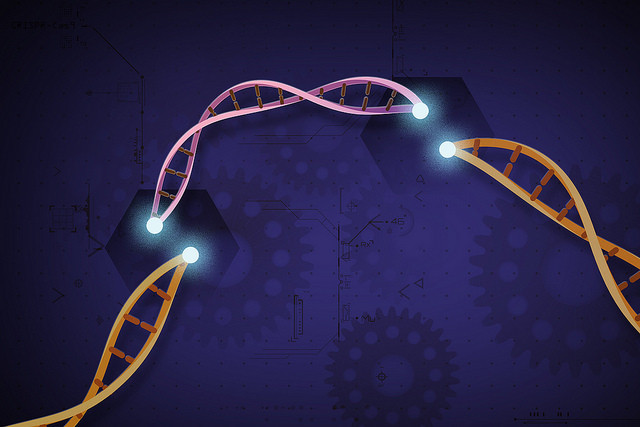Chinese researchers recently announced five cloned monkeys were born with genes that were edited to cause mental illness. But the experiment sparked another debate, dividing medical ethics experts as to whether this latest research is ethical or not.
In the study, which was published in the National Science Review, five cloned monkey embryos were edited to remove the gene called BMAL1. By removing this particular gene, the baby animals will exhibit symptoms of conditions such as schizophrenia, anxiety, and depression - as a result of circadian rhythms disruption.
The research team from the Institute of Neuroscience at the Chinese Academy of Sciences said their study aims to develop treatments that were meant to treat human medical conditions including neurodegenerative diseases, cancer, diabetes, and sleep disorders.
However, the study has sparked debate in the research field because it uses cloned animals and gene editing tool CRISPR/Cas 9. The tool was also used by He Jiankui who created fist gene-edited human babies, which was reportedly an unauthorized experiment. But, this latest research was authorized and funded by the Chinese Academy of Sciences and the Shanghai municipal government, the South China Morning Post reported.
Still, Andrew Knight, a professor of animal welfare and ethics at the University of Winchester in Britain, said this news was "disturbing." He said human mental illnesses are complex, so the research wouldn't benefit humans. It's not ethical to harm animals, especially if the chance of benefit for human patients is relatively small, he added.
Other bioethics experts also believed there were ethical issues surrounding the use of animals similar to humans in nature. It was "especially controversial" to be conducting the research in the field of mental illness, said Alan Bates, a fellow at the Oxford Centre for Animal Ethics.
"There are substantial differences between human and non-human primate cognition that make any non-human model of a specifically human disease problematic," he explained.
But Terry Kaan Sheung-hung, the co-director of the University of Hong Kong's Centre for Medical Ethics and Law, had no objection regarding the experiment. He said the study has been carefully conducted in accordance with animal welfare regulations, and the finding was also open and subject to peer scrutiny. Alexandre Erler, assistant professor at the Chinese University of Hong Kong Centre for Bioethics, also believed it represented a "positive development for biomedical research".
China is the only country around the world that has the technology to clone primates bred in captivity - due to their neurological similarities to humans. Primates can also experience the same pain and psychological distress just like humans. However, there have been ethical concerns over the past decades over using species with such remarkable similarities to humans.
Great apes such as gorillas, orangutans, and chimpanzees are highly restricted or banned from research purposes in New Zealand, Germany, Sweden, the Netherlands, and Britain. Australia, on the other hand, does not allow the use of all primates in lab experiments.
Meanwhile, the United States is the largest user of lab chimpanzees in the world. But, a lot has already retired in recent years since the National Institute of Health ended its chimpanzee biomedical research program back in 2015. Chimpanzees reportedly shared around 98 percent of human DNA.






